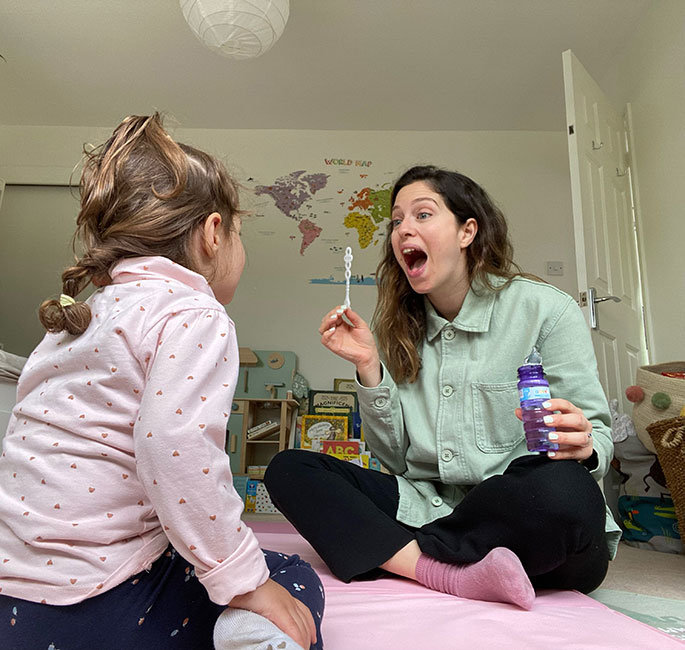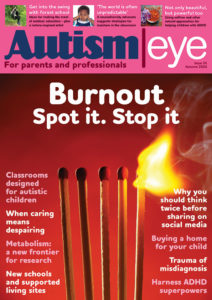 By Ifigeneia Mourelatou BSc, MSc, MBPsS
By Ifigeneia Mourelatou BSc, MSc, MBPsS
Autism Practitioner & ESDM Specialist at Re:Cognition Health
www.recognitionhealth.com
We often talk about the things we need to teach autistic children in terms of independent skills, play skills, language skills, social skills, cognitive skills and skills across several more areas of learning.
However, we fail to recognise and talk about the things autistic children teach us daily when we work with them, which are in fact important life lessons.
Some of the life lessons I have been taught include:
Patience.
Often, the time that an autistic child requires to process information and complete an action might differ from what we would typically expect, and some individuals might take their time to respond to interactions, initiate social contact, or even complete a puzzle or kick the ball. Building up my own patience and respecting the other person’s individual rhythm and pace has worked wonders for my relationships with the children I work with.
Having an open mind.
In other words, coming to the session with fewer expectations and trying to stay unbiased in terms of needs, potential and abilities. We know that all people carry their conscious or unconscious biases, but, unfortunately, this often targets even more people with special needs or/and neurodiverse profiles. Coming to the session with an open mind to possibilities and variable responses from the child enriches the session’s quality as well as respects the person’s uniqueness.
Kindness.
Any work with vulnerable people in any capacity can boost that, but it is especially relevant when working either in a healthcare or education environment and even more foundational when working with young children!
Mindfulness.
While having an intensive interaction type of session with a young person, your whole body, brain, and thoughts are there, right at the moment.
Therapists, tutors, but also parents and caregivers understand that a session has gone incredibly well after they realise nothing else has crossed their mind for several minutes, as they were too ‘busy’ staying in the moment while playing with their little one and thus connecting in a deeper level with them.
Creativity.
When working with young children with autism or developmental differences, you also get to practise and bring to life play themes and scenarios some of them will love and some of them will reject. Constantly finding new and different ways to play cultivates creativity for both the child and their play partner.
Adaptability.
This is key for autistic people, to be able to be flexible and adopt a trial-and-error approach when it comes to teaching new skills.
Not everyone learns the same way and thus, as therapists, we often learn to self-reflect, reset if needed, and try something again from a different perspective, using different tools, a different approach, or different systems.
Every relationship, interaction, and play session where there is mutual respect and positivity is unique and has something valuable to teach us, and that applies to both our children and us, their play partners!



















